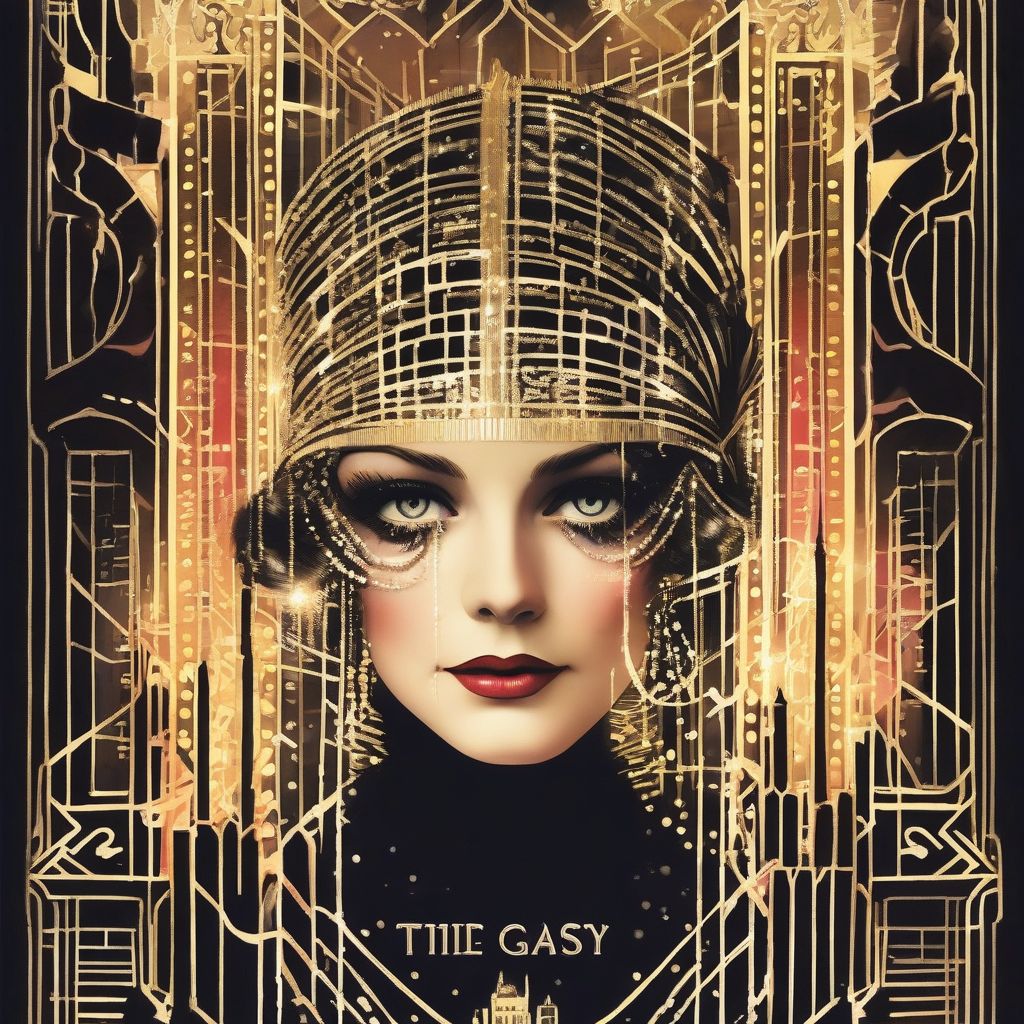Have you ever found yourself completely lost in a book, feeling every emotion as if you were living the story yourself? That, my friend, is the magic of a well-crafted narrative perspective. In classic literature, understanding the significance of narrative perspective is key to unlocking deeper layers of meaning and connecting with the characters and their journeys on a whole new level.
Unpacking the Narrator: Who’s Telling This Story Anyway?
Before we dive into the “why,” let’s quickly recap the “who.” Narrative perspective, simply put, is the lens through which a story is told. It determines whose eyes we see the world through and whose voice guides us through the narrative. Here are the most common types:
- First-Person: This is where the story is told from the “I” perspective. We see the world solely through the narrator’s eyes, experiencing their thoughts and feelings directly. Think Jane Eyre fiercely declaring, “I am no bird; and no net ensnares me: I am a free human being with an independent will.”
- Second-Person: Less common but highly engaging, the second-person uses “you” to address the reader directly, pulling them into the story.
- Third-Person Limited: Here, the story focuses on the experiences and thoughts of a single character, using pronouns like “he” or “she.” We see the world from that character’s viewpoint, but we’re not privy to everyone else’s thoughts.
- Third-Person Omniscient: Think of this as the “all-knowing” narrator. This perspective gives us access to the thoughts and feelings of multiple characters, providing a broader view of the story.
Why Narrative Perspective is the Secret Sauce of Classic Literature
Now, here’s where things get really interesting. Classic literature doesn’t just use these different perspectives randomly. Authors carefully select the point of view that best serves their story, and understanding their choices can completely transform your reading experience.
1. Shaping Our Understanding of Characters
Narrative perspective directly influences how we perceive the characters. Take The Great Gatsby, for example. F. Scott Fitzgerald masterfully employs a first-person narrative through Nick Carraway. This choice is crucial because we experience Gatsby’s extravagant life and tragic downfall through Nick’s observant, and somewhat judgmental, eyes. Would we feel the same sympathy for Gatsby if the story were told from his perspective? Perhaps not.
2. Building Suspense and Intrigue
The choice of narrative perspective can be a powerful tool for creating suspense. In Agatha Christie’s mysteries, the third-person limited perspective often keeps us guessing alongside the detective. We only have access to the information they have, keeping us on the edge of our seats until the very end.
3. Exploring Themes and Ideas
Classic literature often grapples with complex themes, and narrative perspective can be used to highlight specific ideas. In Charlotte Brontë’s Jane Eyre, the first-person narration allows for a deep exploration of social class, gender roles, and the protagonist’s journey toward self-discovery. Through Jane’s eyes, we witness the injustices she faces and celebrate her resilience and determination.
4. Adding Layers of Meaning
Sometimes, authors even play with unreliable narrators, whose perspective may not be entirely trustworthy. This can add layers of complexity and challenge us to question what we read. Think of Humbert Humbert’s unsettling narration in Vladimir Nabokov’s Lolita. The controversial first-person perspective forces us to confront the power dynamics and manipulation at the heart of the story.
 The Great Gatsby Cover
The Great Gatsby Cover
Putting It All Together: How to Analyze Narrative Perspective
So, how can you become a master detective of narrative perspective? Here are a few key questions to ask yourself while reading:
- Who is telling the story?
- What is the narrator’s relationship to the other characters?
- How does the narrator’s perspective shape my understanding of events and characters?
- Does the narrator seem reliable, or are there reasons to question their account?
- How would the story be different if told from another character’s perspective?
By asking these questions, you’ll start to see how narrative perspective acts as a powerful literary device, adding depth, intrigue, and nuance to the classics. It’s like finding a secret decoder ring that unlocks hidden layers within the text.
Beyond the Surface: Exploring Classic Literature with a New Lens
As you delve deeper into the world of classic literature, remember that the narrative perspective is not just a technical detail. It’s a deliberate choice by the author that shapes the entire reading experience.
So, the next time you pick up a classic, take a moment to consider the voice guiding you through the story. You might be surprised at the new insights and perspectives you discover.
What are some of your favorite examples of how narrative perspective enhances classic literature? Share your thoughts in the comments below! And for those eager to explore more literary insights, check out our articles on How to Create a Book Club Focused on Classic Literature and The Best Ways to Discuss and Analyze Classic Books.
[amazon bestseller=”classic literature”]
